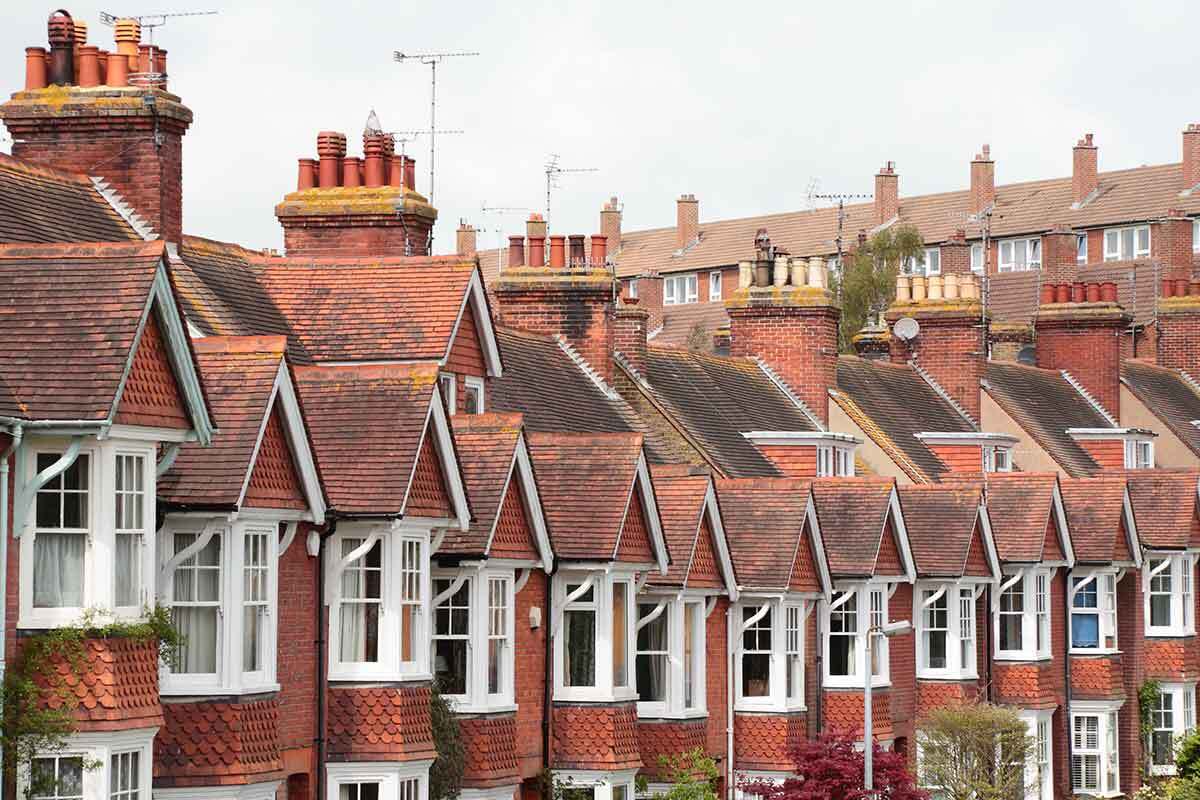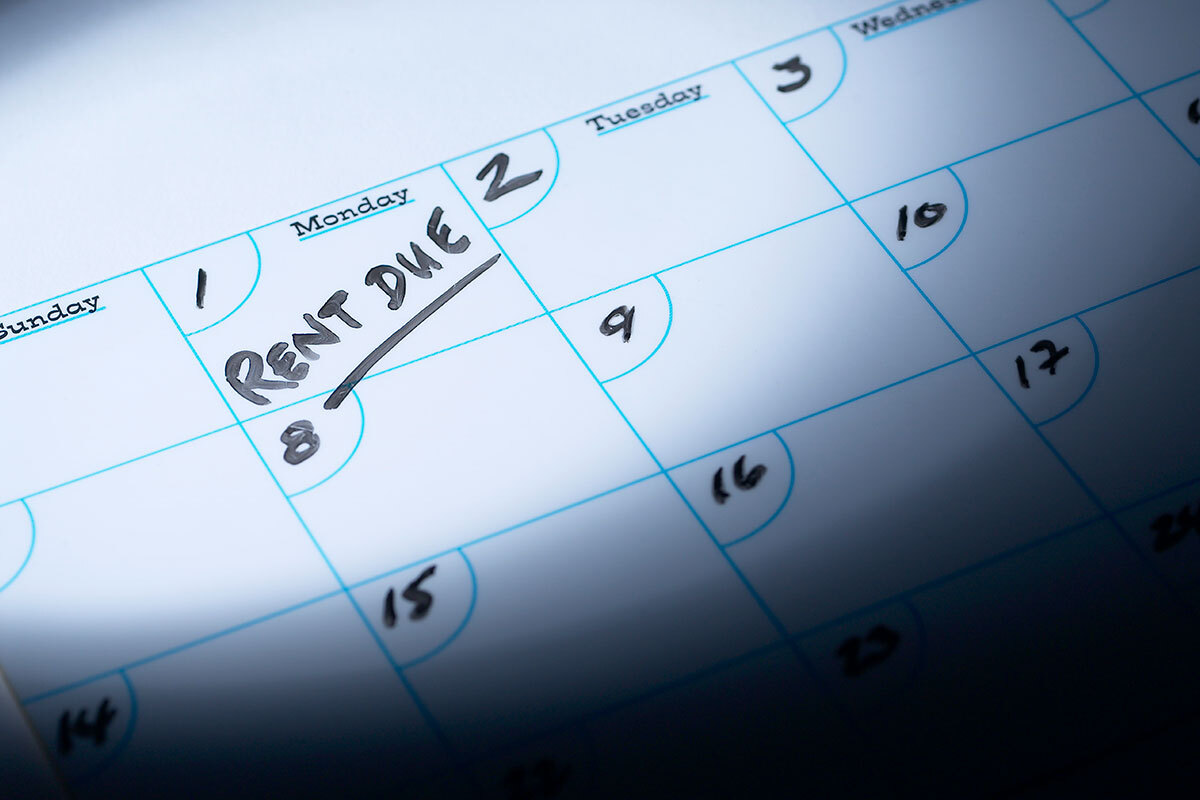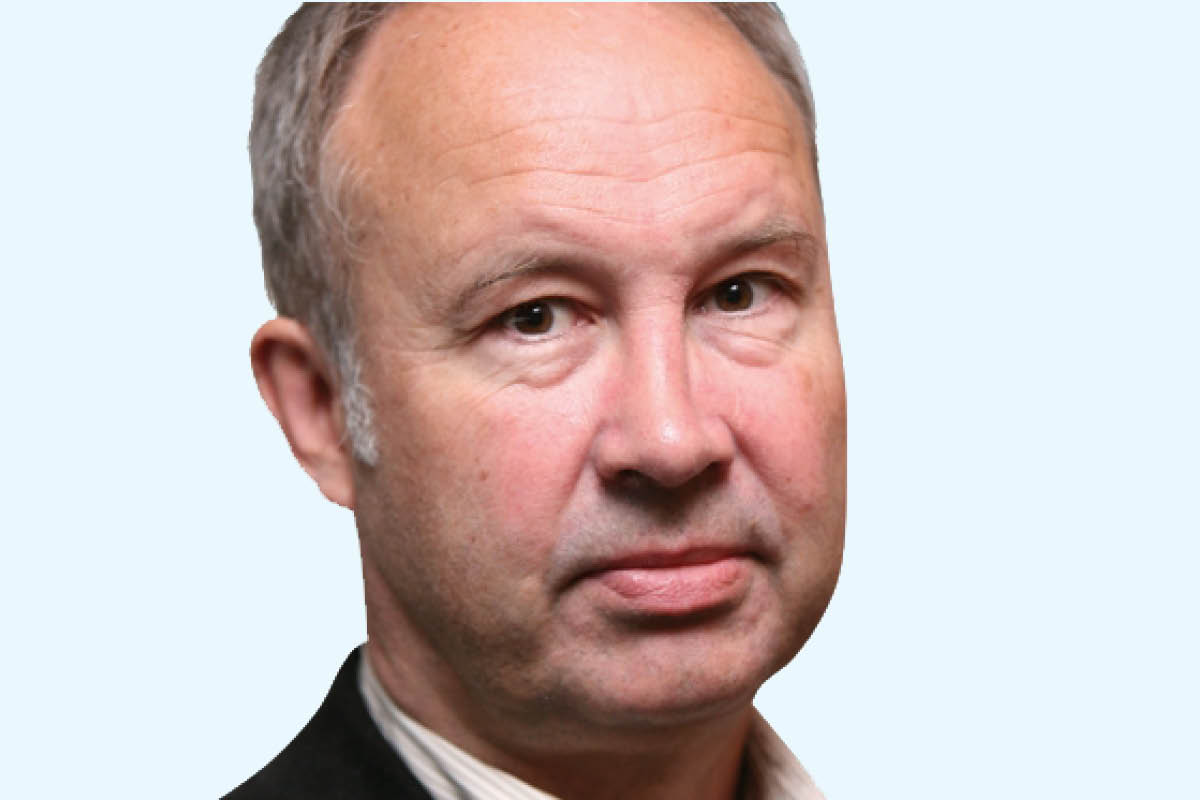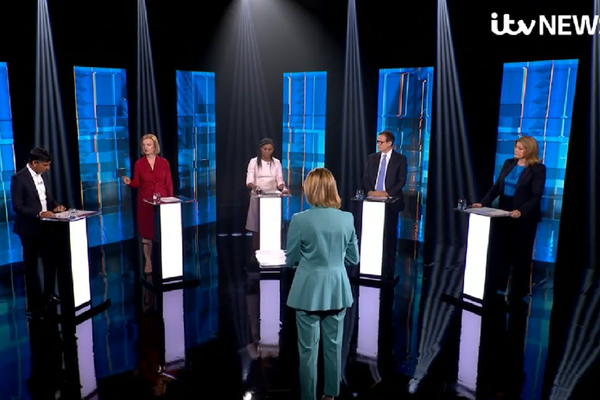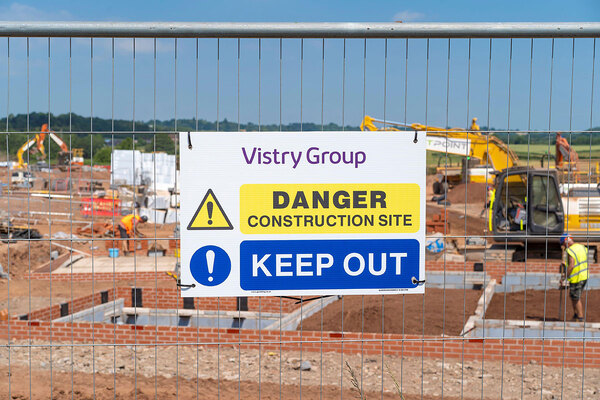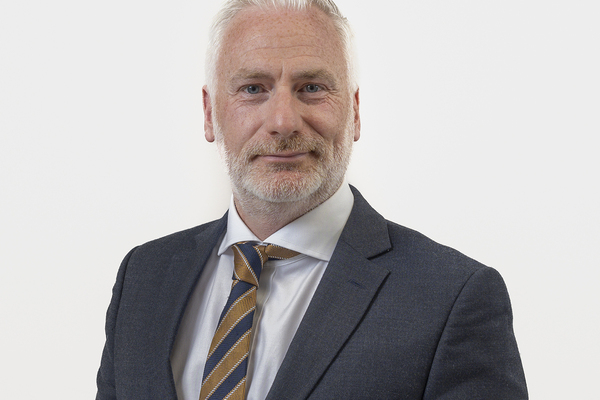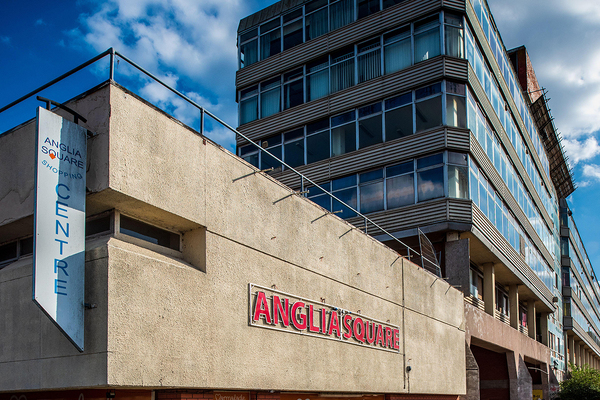You are viewing 1 of your 1 free articles

Jules Birch is an award-winning blogger who writes exclusive articles for Inside Housing
This Conservative leadership contest could have a profound impact on housing
Even though neither candidate in the Conservative leadership race have much to say about housing policy, the results of the election could profoundly impact us, states Jules Birch
On the surface, the two Conservative leadership candidates have had little new to say about housing – when they’ve even bothered to discuss it.
Liz Truss would cut red tape for housebuilding at the same time as she would scrap the “Stalinist housing targets” introduced by her own party and boost community rights to object to homes that create the red tape in the first place.
Rishi Sunak would put a stop to building on the green belt, highlighting the 60 square miles lost to development since 2014 while ignoring the 60,000 square miles that are left and the fact the green belt has doubled in size since 1979.
“The contenders have changed their tune in a leadership contest in which they need to appeal to older Conservative members who have already paid off their mortgage”
Those contradictory ideas reveal next to nothing beyond a need to appeal to well-housed Conservative members, but neither candidate has said anything so far about social housing, affordable housing or private renting.
Yet there are issues and ideas bubbling away beneath the surface of the leadership contest that could still have a profound impact on housing.
First, the economy. Ms Truss has promised immediate cuts in income tax and corporation tax and the cancellation of the increase in national insurance, but has resisted spelling out the support she will give households for soaring energy bills.
She has been silent on spending cuts (except when “misinterpreted” by the media), but with her fiscal headroom shrinking, expect a difficult emergency Budget and Spending Review to come.
Ms Truss and her supporters have also been critical of the Bank of England’s efforts to hold down inflation and are calling for a change in its mandate, so expect more interest rate rises. Even if rates do not reach the 7% level that economist Patrick Minford thinks could be needed to control inflation, home buyers will be paying more for their mortgage and tax cuts could send rates even higher as fiscal and monetary policy come into conflict with each other.
This means the political economy of housing could be very different. As The Economist argued last week, cheap mortgages have played a key role in winning elections for the Conservatives.
It said: “Low interest rates, partly pushed down by global forces, changed Britain’s political landscape. To see how, head to the country’s new build suburbs, filled with boxy, orange Barratt homes, that fringe towns across the ‘red wall’ seats of Northern England. It was voters in Barratt Britain, as The Economist dubbed it last year, that gave the Conservatives their majority… People voted Tory not because they had become rich, but because a Tory life, with a big Barratt home and a big German car, had become cheap.”
“Though Ms Truss has committed to the 2050 target, she will come under intense pressure from her supporters on the right to water it down”
This helps to explain why the party won successive elections despite austerity. Indeed, ministers explicitly justified spending cuts for renters in the name of keeping mortgage rates low.
However, low rates also hit savers. It may be no coincidence that the contenders have changed their tune in a leadership contest in which they need to appeal to older Conservative members who have already paid off their mortgage.
Yes, most borrowers are on fixed terms, but more than half of those fixes are due to run out before the next election. As The Economist put it: “Maintaining the coalition that handed Mr Johnson power is a delicate task. Rising interest rates make it a near-impossible one. The Conservatives owe their rule to the Bank of England. They will owe their demise to it, too.”
Second, ideas. While there haven’t been many new ones from Ms Truss and Mr Sunak, there are some out there in two reports from housing’s favourite thinktank, Policy Exchange.
An essay by Lord Frost, the former Brexit negotiator who is supporting Ms Truss, argued that the Conservatives have departed from the true path of Thatcherism. In his view, normalising interest rates is one of the keys to “establishing the norms of a functioning free market capitalist economy”.
He hinted at more cuts to come in an “unsustainable welfare system” and sees Universal Credit as “a wage subsidy available a long way up the salary chain” that has prepared the ground for universal basic income.
On housing, Lord Frost sees measures such as the ban on no-fault evictions as “increasingly desperate, and indeed counter-productive, attempts to manage the consequences of a totally dysfunctional housing market” when the government should be tackling such as the market dominance of the major house builders.
And he almost self-combusts when it comes to “climate collectivism”, “mediaeval technology like wind power” and the net zero agenda. Though Ms Truss has committed to the 2050 target, she will come under intense pressure from her supporters on the right to water it down.
Gerard Lyons, a former economic advisor to Boris Johnson, has published another report fleshing out the great man’s speech on turning Generation Rent into Generation Buy.
He is the advocate of the idea supported by Ms Truss to make it mandatory for mortgage lenders to take borrowers rent payments into account in their credit score and argued that there is scope to ease restrictions on lending without causing systemic risks.
“Mr Gove is seen as the senior Conservative most likely to be sent to political Siberia in a Liz Truss administration”
Some of this seems sensible, even if it sees what he called “the housing challenge” purely in terms of the up to three million first-time buyers he said could benefit from more 95% and 100% mortgages.
Strangely, though, he highlighted the way that previous government initiatives have just boosted house prices without considering the dangers that his proposals to boost credit will do exactly the same.
He acknowledged that supply is important (and makes valid point about the total number of homes for sale as well), but then swerves it as a “political hot potato” just like the two candidates.
As Henry Hill argued on Conservative Home, the party is simply ducking the whole issue. Belief in free markets only goes so far.
Finally, people. Michael Gove may not have been everyone’s cup of tea as housing secretary, but he did more than anyone else to fix the building safety crisis, seemed to accept the pragmatic case for social housing and gave the Department for Levelling Up, Housing and Communities (DLUHC) more heft in Whitehall.
But he is seen as the senior Conservative most likely to be sent to political Siberia in a Liz Truss administration.
That in turn begs a huge question raised in another part of Mr Johnson’s ‘Generation Buy’ speech: the extension of the Right to Buy to housing association tenants. Before he resigned, Mr Gove promised that the money to pay for the discounts would not come from existing DLUHC budgets.
With an emergency Budget and Spending Review imminent, are commitments like that really still worth the paper they were not written on?
Jules Birch, columnist, Inside Housing
UPDATE 22.08.22 10.02am
The original version of this article stated in error that the size of the greenbelt has doubled since 2014. In fact, the size of the greenbelt has doubled - but since 1979.
Sign up for our daily newsletter
Already have an account? Click here to manage your newsletters
